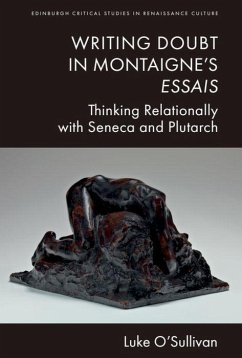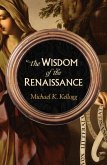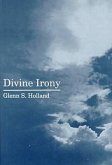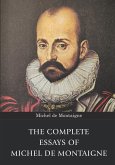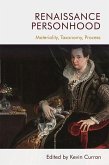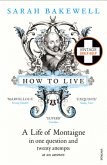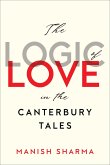[headline]Offers a major reassessment of philosophical uncertainty in one of the early modern period's foremost doubters Whilst the ancient Sceptics always struggled to find expressions fit for their doubtful philosophy, in his Essais, Montaigne identified Seneca and Plutarch as two dogmatists who nonetheless had a 'doubtful way of writing'. In this erudite and well-argued book, O'Sullivan argues that Montaigne's engagement with Seneca and Plutarch produced a radical new mode of doubtful thinking and writing that revealed the liquid, shapeshifting movements of the soul. It is a form of writing that recasts authorship as insecure and temporary, and entangles Montaigne's 'simple' truth-telling with doubleness. Reading Seneca and Plutarch not in their familiar garb, but in light of their curious, understudied association with doubt, this book argues for a reassessment of philosophical uncertainty, cognitive contradiction and stylistic ambiguity in one of the early modern period's foremost doubters. [bio]Luke O'Sullivan is Career Development Fellow in Early Modern French at St Hilda's College, University of Oxford.
Hinweis: Dieser Artikel kann nur an eine deutsche Lieferadresse ausgeliefert werden.
Hinweis: Dieser Artikel kann nur an eine deutsche Lieferadresse ausgeliefert werden.

